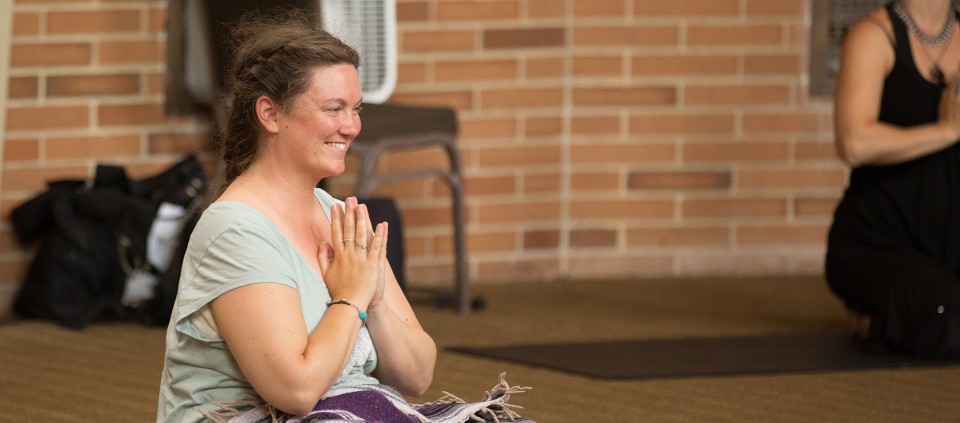The Remedy of Gratitude

It turns out, giving thanks and giving in general is good for you. It is good for your overall well-being—mentally, emotionally, and physically.
In Jewish tradition, the first thought we are guided to have upon waking is Modeh/dah Ani, which means I am grateful. It makes sense! The morning, before other thoughts and activities take over, is a powerful time to pause and thank. When we have regular time to say thank you and put our focus on what we appreciate, the many precious gifts of life, our thoughts are conditioned for more joy and fulfillment throughout the day.
In a society where personal entitlement is the norm, giving thanks is a necessary remedy. Privilege and feeling entitled have a shadow side. They often cause personal suffering and interfere in relationships. It’s easy to find things to complain about. And, as we complain, we grow our sense of entitlement and, with it, disappointment grows within us, and causes unnecessary suffering. What I mean is that when we are disappointed, when we wish things were different for us, it is because we are sometime expecting something and feel deserving of that thing. (I am talking about the arrogant attitude of have the “right” to things that are not real necessities.) Our society has conditioned us to be entitled consumers: The customer is always right, while humility, patience, and considering others’ needs is not emphasized as much.
Giving time to thank, practicing gratitude, and developing a desire to benefit others can remedy our own suffering. Sharing from our abundance, giving, and cherishing are deep practices that lead to happiness and contentment. The opposite of the attitude of gratitude is entitled attitude. The entitled attitude is feeling the world owes you something, that you deserve to have all your expectations and desired fulfilled, or else you are miserable and disappointed. We give thanks to help ourselves and others with these entitled feelings, and gain perspective by focusing on what we have and less on what we don’t have.
A simple practice: Give yourself a moment now to name a few things you are thankful for. Include giving thanks in your daily routine. It’s best if it’s done at the same time daily. Notice how you feel when you remember the things that you are grateful for and the people that you appreciate.
Give yourself and others “me” time and “us” time to mend. Mendful time is what many of us need most, especially in this hectic holiday season.
Find out about programs with Rabbi Sigal Brier at Kripalu.
This essay was originally published on Rabbi Sigal's website.
Rabbi Sigal Brier is a scholar, mystic, spiritual mentor, artist, and musician with 30 years of experience inspiring people to live their heart’s purpose.
Full Bio and Programs